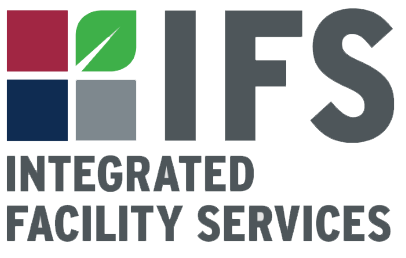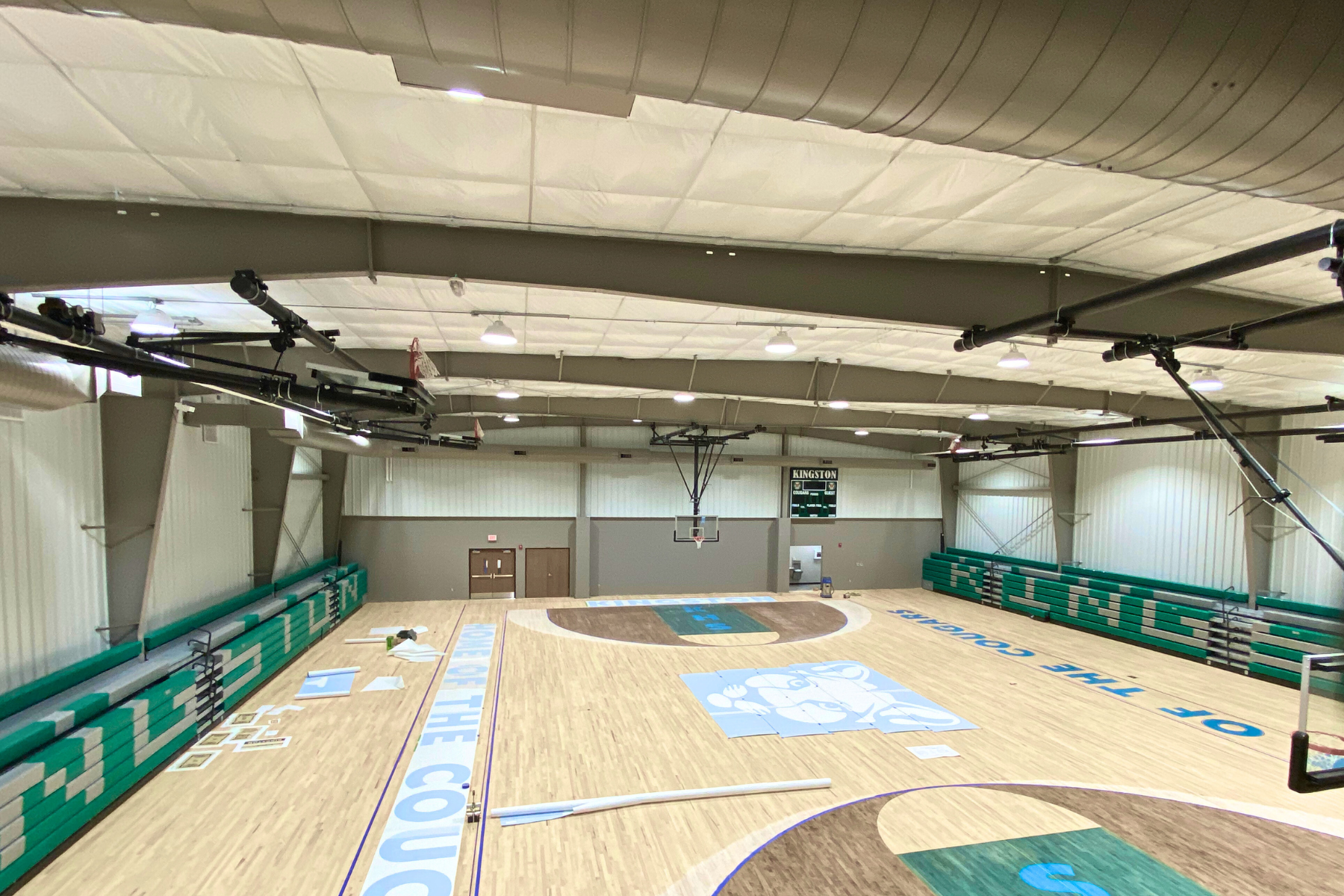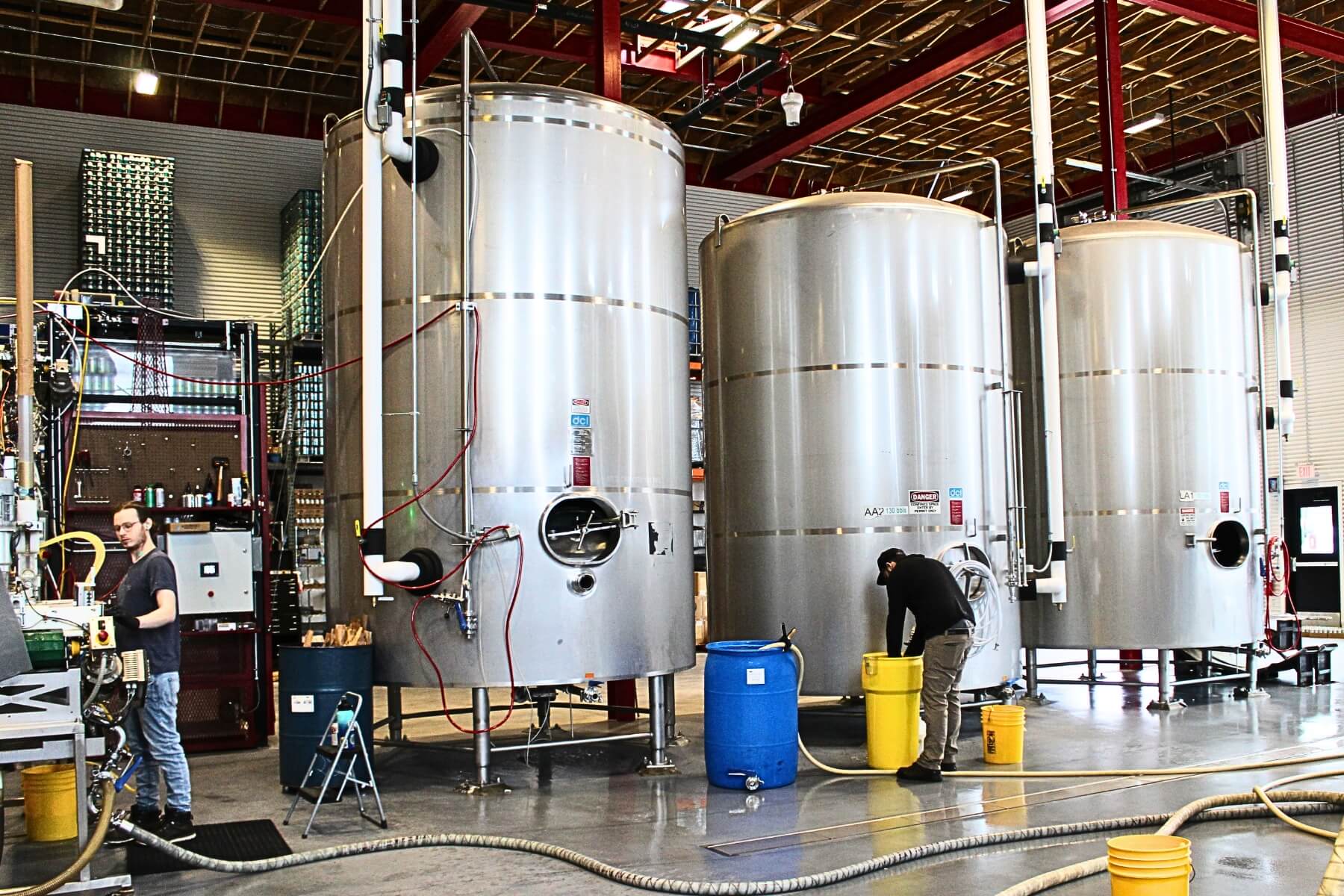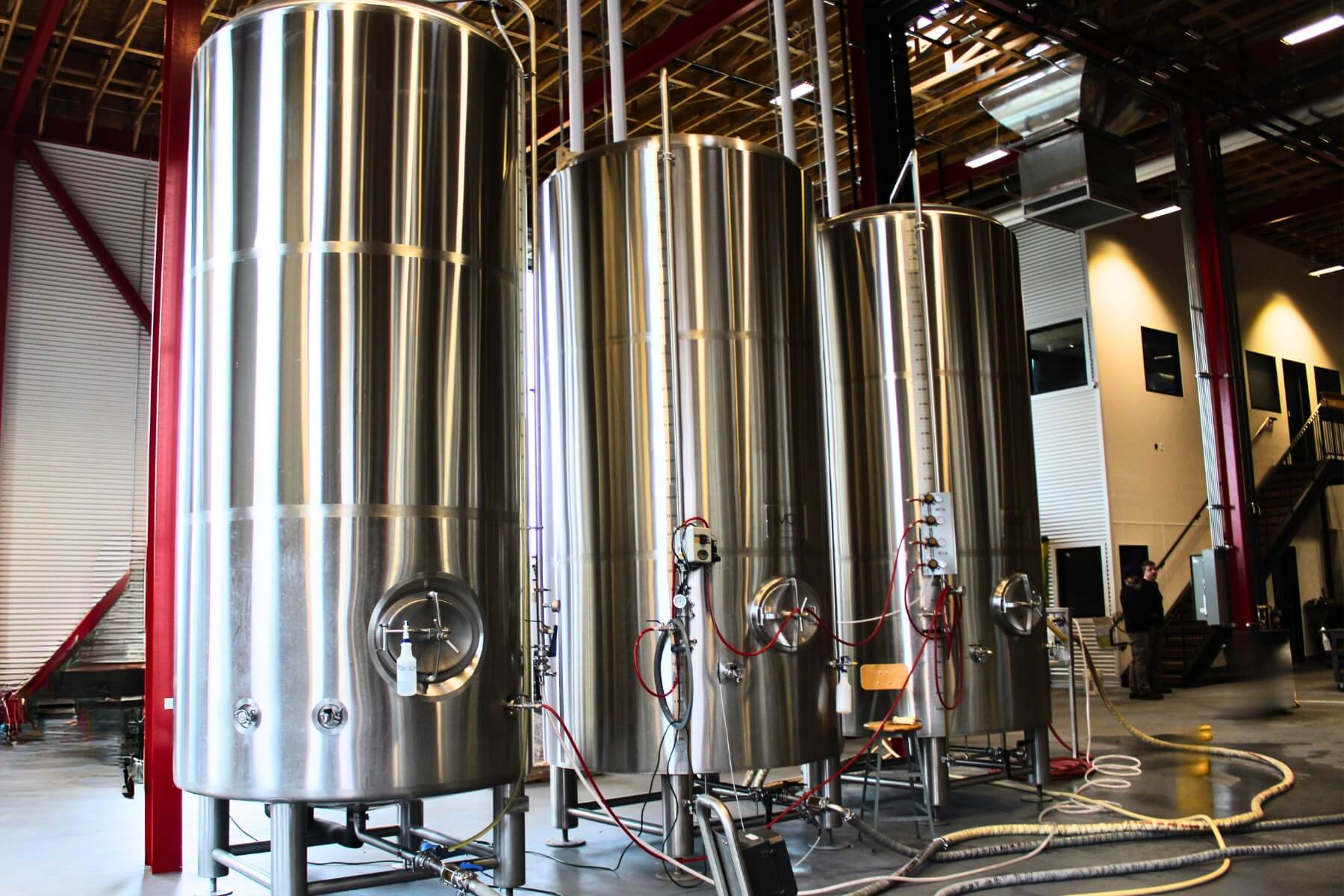The winter season is here, which can only mean one thing; now is the perfect time to start preparing your commercial building for the harsh, frigid winter season.
Is your heating, ventilating and air conditioning (HVAC) system ready for the cold weather? As a property manager or building owner, it is better to find out now than after we are in the cold grip of winter, especially when you consider that heating demands account for 33% of the overall energy consumption of most commercial buildings. Ensuring that your HVAC system is working efficiently can greatly impact your bottom line. But how do you go about preparing your HVAC system for winter?
Winter HVAC Preventive Maintenance Tips
Is it Time to replace your HVAC System? Before you do anything, consider the age of your heating system. If it is more than 10 years old, it may be time to contemplate replacement. A lot of gas furnaces installed more than 10 years ago are only about 50-60% efficient. Today’s gas furnaces boast efficiency ratings as high as 97%.
Roof top units take a beating exposed to the elements day-in and day-out. Here in St. Louis they are subject to a 100 degree yearly range (down to zero in the winter and up to 100 in the summer). They are far too often out of sight and sometimes out of mind until they fail.
When commercial roof top units or other HVAC equipment fails, there is most often a lead-time to get the replacement. These lead-times are most commonly six to eight weeks so being proactive when they near the end of their useful life can mean a lot to you and tenants who will otherwise have to contend with the lack of heating until the new equipment arrives.
Replace or Clean Air Filters:
Dirty air filters restrict air flow and hamper the efficiency of your entire HVAC system. So if you haven’t changed or cleaned your air filters in a while, now is the perfect time to fix that. This should ideally be checked every month and replaced when the pressure drop across them increases. Dirty filters restrict airflow and results in more suction on them. This is when they often fail by bending or collapsing. When this happens the dirt that is normally caught on the filters becomes impacted on the coils. Dirty coils affect heat transfer, cause coil freeze-up, affect humidity control and shortens the compressor life.
Adjust the Supply Registers:
The quantity of airflow required in the winter to heat a space is different than the quantity of airflow required in the summer to cool a space. VAV boxes, fan terminal units and supply air volume dampers should be checked for proper operation.
Troublesome areas should have the quantity of their airflow checked and re-balanced as necessary to provide comfort. Remember, hot air rises and cold air falls so different spaces in the building will have much different needs.
Calibrate Thermostats:
If the calibrations are not correct, your heating system will not be as efficient as it could be.
Invest in a Programmable Thermostat or Building Automation:
A programmable thermostat allows you to better manipulate the heating and cooling of your office building. You may need to re-program the thermostat for different temperatures for different times of the day And using such a thermostat could end up cutting your heating costs anywhere from 20% to 75%.
Check the Gas Fired Heating Equipment:
Before starting your gas fired heating equipment for the first time this winter, have it professionally inspected and cleaned. Carbon Monoxide is a silent killer so don’t gamble on something that could be prevented. This will not only ensure that your furnace operates safely, but also efficiently.
Professional HVAC Inspection:
Most importantly, you should have your HVAC system inspected twice a year by a professional contractor. This will help identify any potential problems and ensure your system is working as efficiently as possible. Ideally, these inspections should take place in the fall and spring, when HVAC demand is lowest. Technicians will check for reliable, efficient and safe operation of all HVAC equipment, including checking filters, inspecting belts, motors, electrical switches, contacts, safety switches, refrigerant levels, and gas pressure.
HVAC Maintenance Agreements:
Taking advantage of a HVAC maintenance agreement is a great way to keep your system running at peak efficiency. Not only will such an agreement ensure that your seasonal checkups are done on schedule, but having an HVAC maintenance agreement means you will receive priority service in the event of equipment failure or other problems. An HVAC maintenance agreement will provide you with peace of mind while also saving you money in the long term.
For information, please call Gary C. at 636-680-2100










